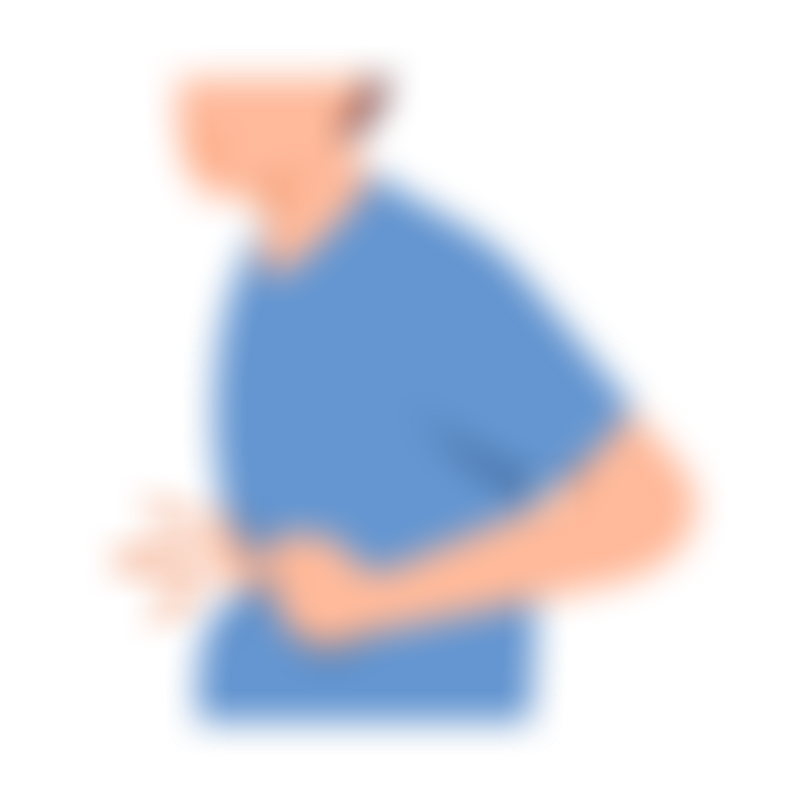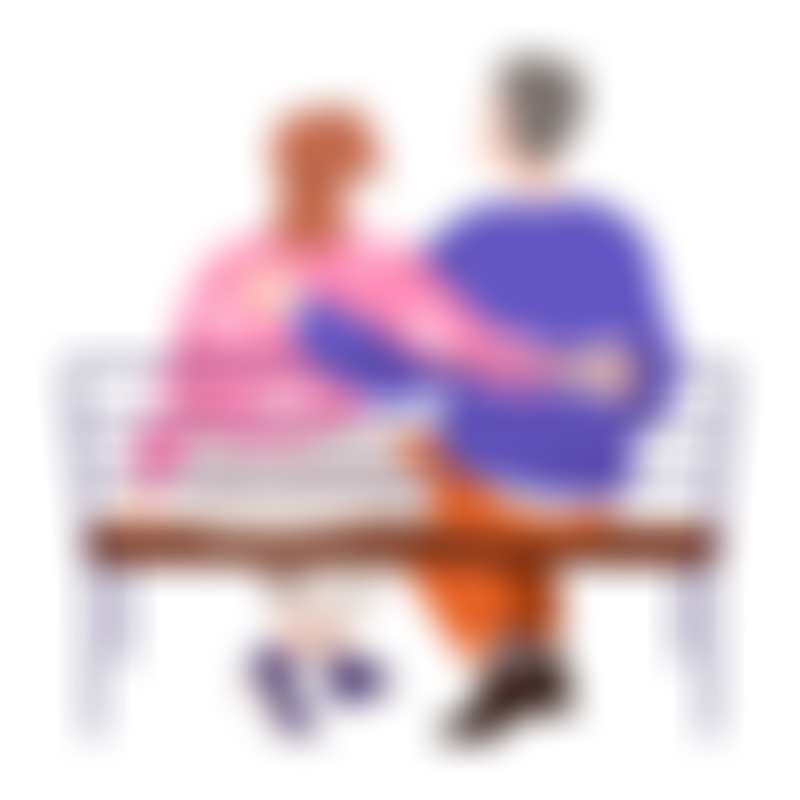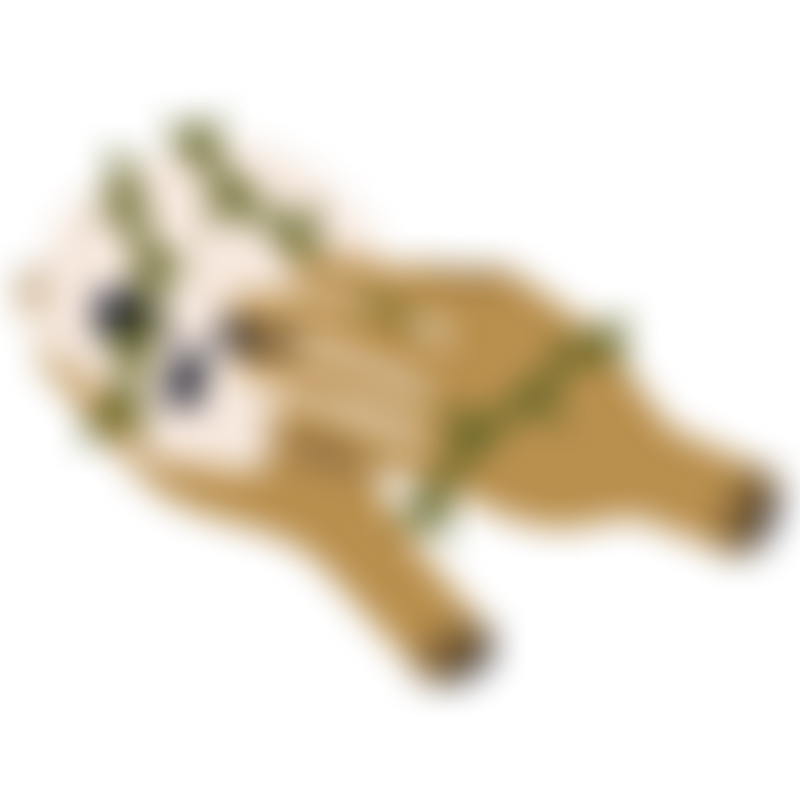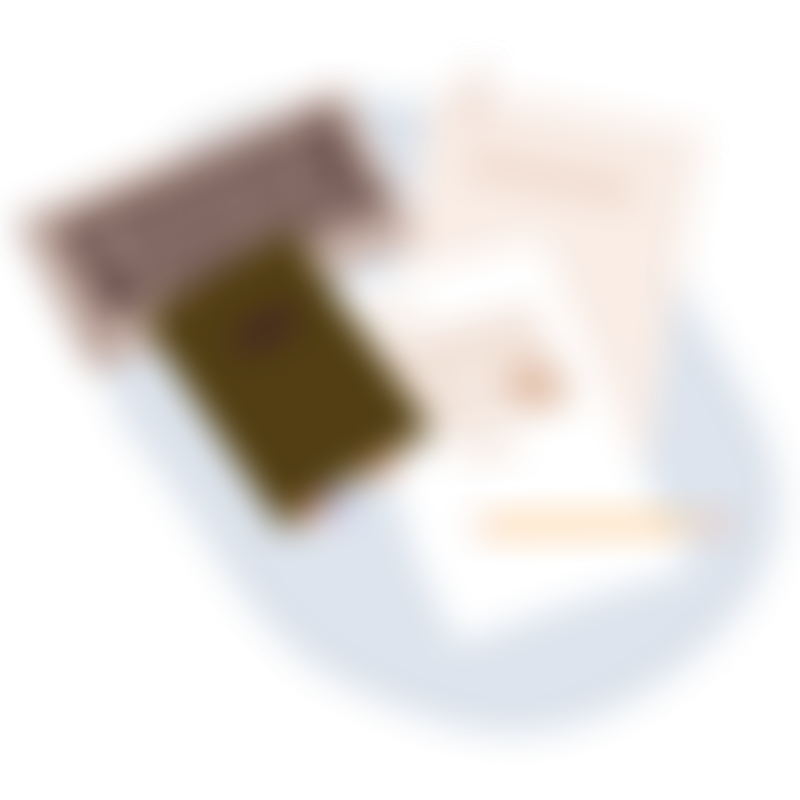

In October 2024, I was handed the news that I had stage 3 stomach cancer. Actually, my sister has some melanoma patches likely from excessive sun exposure.
Since my diagnosis, I’ve undergone chemo and a total gastrectomy, as I await further chemo now. My name is Todd and this is my cancer story.

The first symptom I experienced was sudden fullness while eating, then later extreme stomach pain after stopping Omeprazole. Other symptoms I had include:
The same day I had the stomach pain, I sought medical help. That’s how I found out I had stomach cancer, namely the gastric adenocarcinoma subtype.

The news that I had cancer left me fearful and sad. I had been perfectly healthy for 68 years, had taken care of my health, and was expecting another 25 years of good health.

I am on curative treatment for my cancer. More specifically, I opted for a total gastrectomy (removal of the entire stomach) and chemotherapy. Chemo, then gastrectomy, then chemo seems to be the standard treatment "guideline" here in Alberta, and I assume it is the world state of the science. So, I followed my doctor’s recommendation. In Canada most of the key costs are covered by the Medicare system, so my treatment is subsidized and I am covered by insurance.
I had 4 rounds of FLOT chemo over 8 weeks and took 6 weeks to recover. Next was the total gastrectomy requiring 2 weeks in hospital and 6 weeks recovery time. Then, 4 more rounds of FLOT chemo, then CT scan in about 1 year. I am told there’s about a 50% chance of this signet ring cancer being beaten.
When deciding on my treatment plan, I was fearful. I knew that the chances of beating this signet ring adenocarcinoma is about 50%, and will involve miserable treatments.

I’ve struggled with diarrhea, and though I’ve only had the 8 weeks of chemo so far, I need to consider toilet availability in any activities. Besides that, I also had peripheral neuropathy and weight fluctuations.
To manage these side effects, I did the following:
- Increased my exercise frequency: I tried to do walks, while considering access to the toilet and gut condition.
- Improved my nutrition: I had to take care to eat things that did not cause worse diarrhea.
So far, there are no particular things that I found unexpected in my cancer journey. But I wasn't as weak and tired as some had suggested at diagnosis, and new chemo drugs kept nausea and infections at bay.

For the near future, I plan to:
- Get legacy projects done
- Write up memoirs
- Get finances/estate in order
- See a bit more of the world (travel) if health allows

I’ve had to go through some difficulties in various aspects of my personal life, such as my:
- Social life and relationships with loved ones: They know that they may be spending their last days with me.
- Day-to-day-life: I pay a bit more attention to eating well and not getting over tired.
- Self-esteem/self-image: I’m certainly no longer the healthy young guy who can do anything.
- Professional life: I was retired. I’m now less active in charities, community and museum/history events.
But I have to say that challenges in my social life and relationships with loved ones had the greatest impact and I am still getting through it day by day.

So far, my biggest fears have been:
- Fear of the cancer returning (recurrence)
- Fear of not surviving or dying
- Fear of being a burden to loved ones
- Fear of not being able to continue with normal life or activities
To overcome these thoughts, I took the following actions:
- Focusing on physical recovery and staying active
- Educating myself about the cancer and treatment process
- Joining a support group or connecting with other cancer survivors

To be frank, I feel the same as before – fearful and sad. My prognosis is grim and I am about to lose 25 years of life.

In my case, I recovered enough later in 2-week chemo rounds to eat better and make up for the first few days. I was able to nearly maintain weight and be in good shape for surgery. If your cancer is slow moving, use the time you have to put things in order and finish your legacy, the way you might have hoped to do had you lived to a normal old age.
This patient's story is published and shared with their full consent. Any personal data that can be used to identify the patient has been omitted.
Click here for more information.